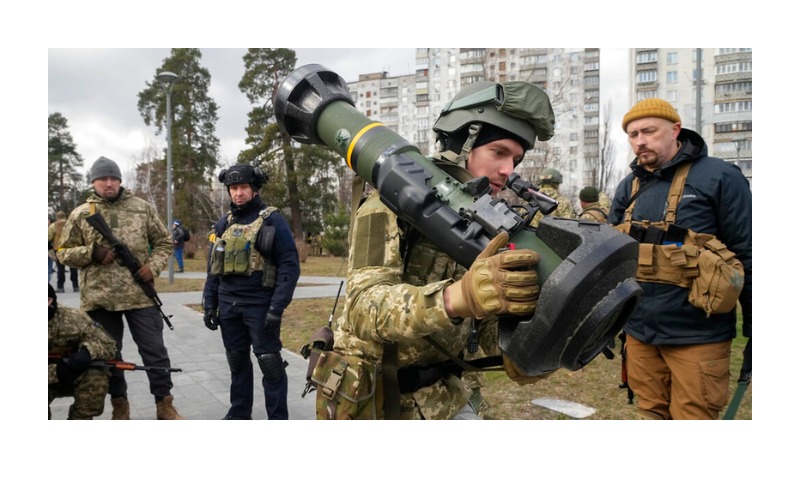Ivo H. Daalder and James Goldgeier
Foreign Affairs, Jan. 9, 2023
“… there is a pressing need to consider the longer term, and to develop policies toward both Russia and Ukraine based on the emerging reality that this war is likely to continue for quite some time.”
Whenever the United States faces a foreign policy crisis, critics claim that the U.S. government is doing either too much or not enough. So it is with Ukraine. Many fault the Biden administration for failing to provide Ukrainian forces with the heavy weapons—mainly tanks, long-range missiles, and combat aircraft—that they say are needed to expel Russian troops from Ukrainian soil. Others, worried about Western staying power and the rising human and economic costs of the war, urge the administration to pressure Kyiv into negotiating a deal with Russia—even if that means giving up some of its territory.
Neither argument is convincing. The Ukrainian military has surprised everyone with its capacity to defend the country and even retake a good part of the territory it lost at the outset of the war. But ejecting Russian troops from all its territory, including Crimea, will be exceedingly difficult, even with greater Western military aid. Achieving such an outcome would require the collapse of dug-in and reinforced Russian defenses and would risk starting a direct war between NATO and Russia, a doomsday scenario that no one wants. As for negotiations, Russian President Vladimir Putin has given no indication that he is prepared to give up his imperial dream of controlling Ukraine. And it would be just as difficult to convince the Ukrainian government to cede territories to a brutal occupying force in return for an uncertain peace. Given the strong incentives on both sides to continue fighting, a third outcome is much more likely: a prolonged, grinding war that gradually becomes frozen along a line of control that neither side accepts.
The idea that wars always end in either victory or a negotiated settlement is belied by history and certainly by the existence of multiple frozen conflicts along Russia’s border. Indeed, Ukraine itself provides a prominent example of this. Despite years of on-and-off peace efforts, the war in the Donbas was largely frozen for the eight years preceeding Russia’s full-scale invasion of Ukraine in February 2022. The current war may be no different: after more than ten months of brutal fighting, and months of punishing attacks on its civilian populations, the Ukrainian government will not accept Russian control over any of its territory, particularly after witnessing the looting, rapes, and assassinations that have occurred in Russian-held areas. But Russia is equally unlikely to voluntarily give up Ukrainian territory it wrongly believes belongs to Moscow. … [To read the full article, click here]


